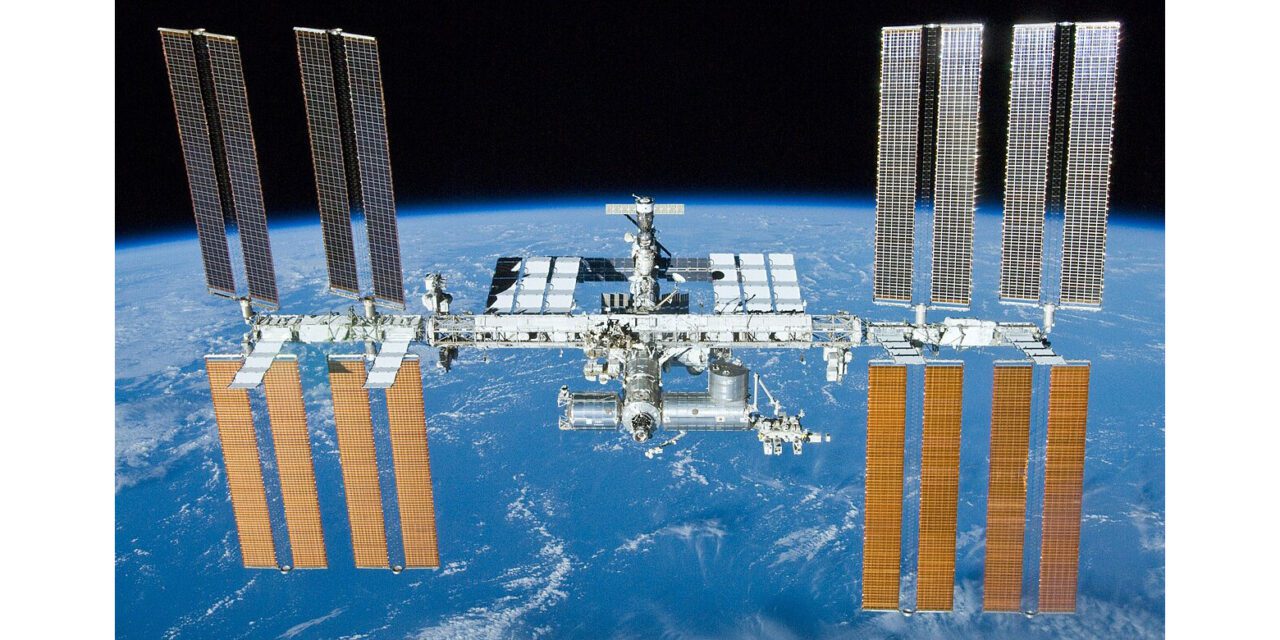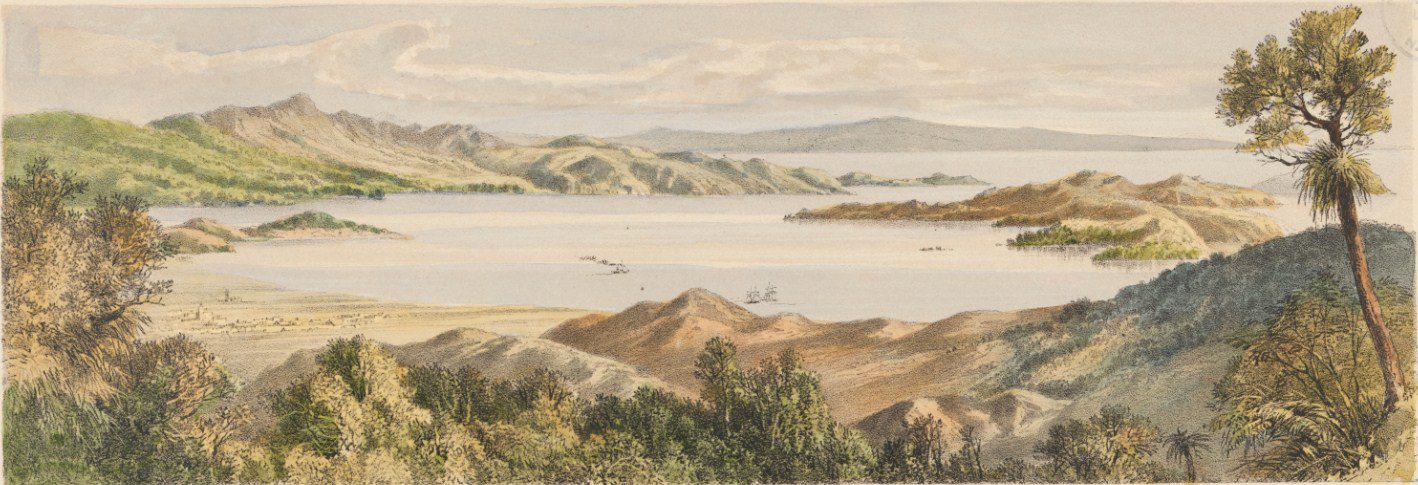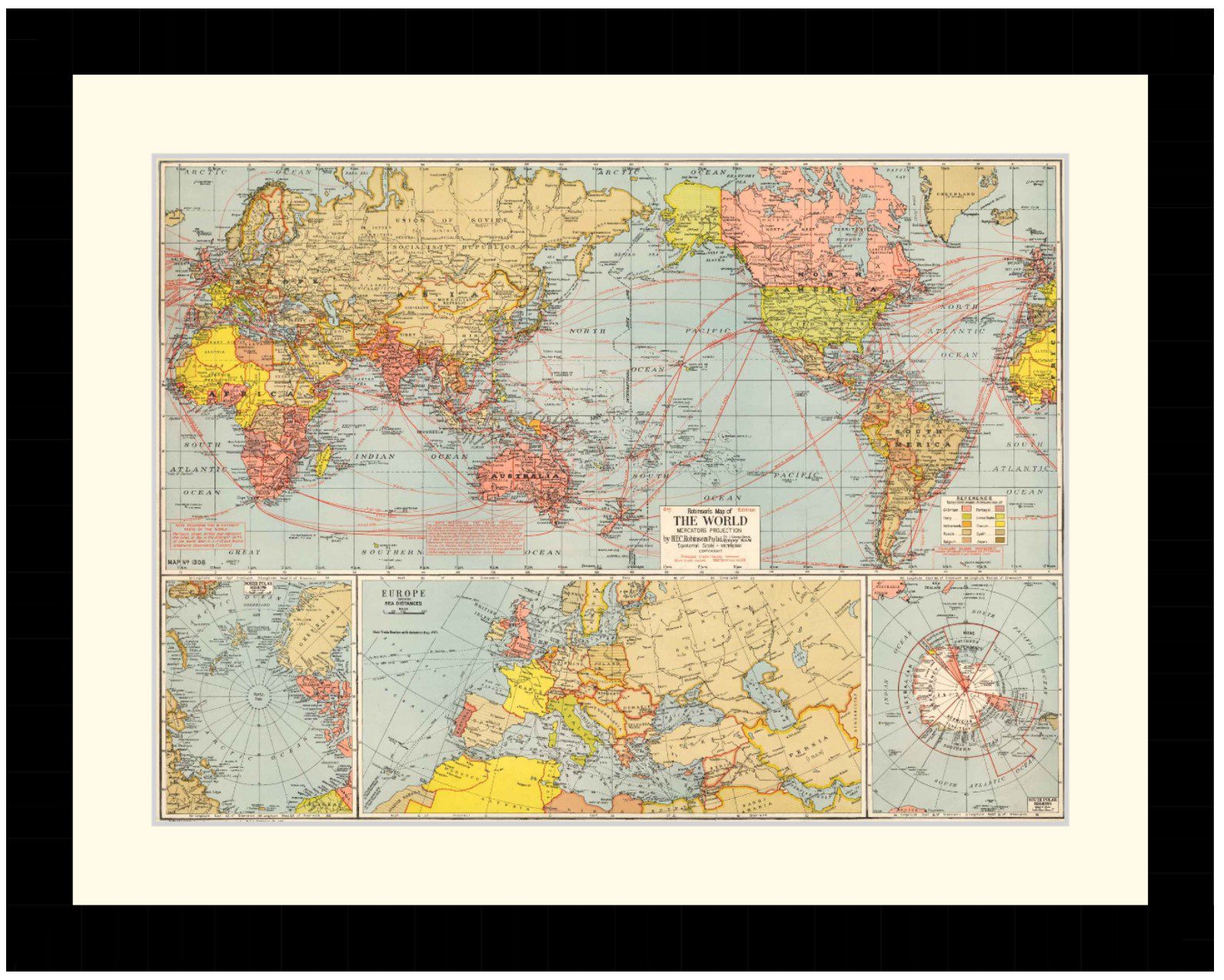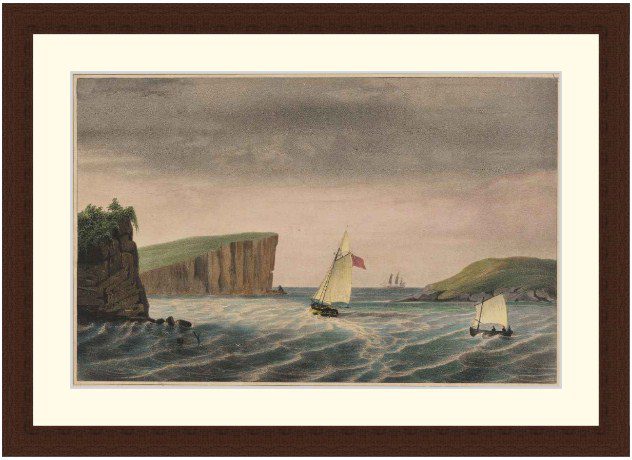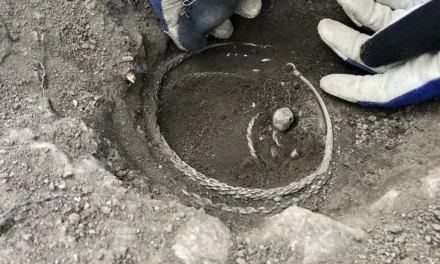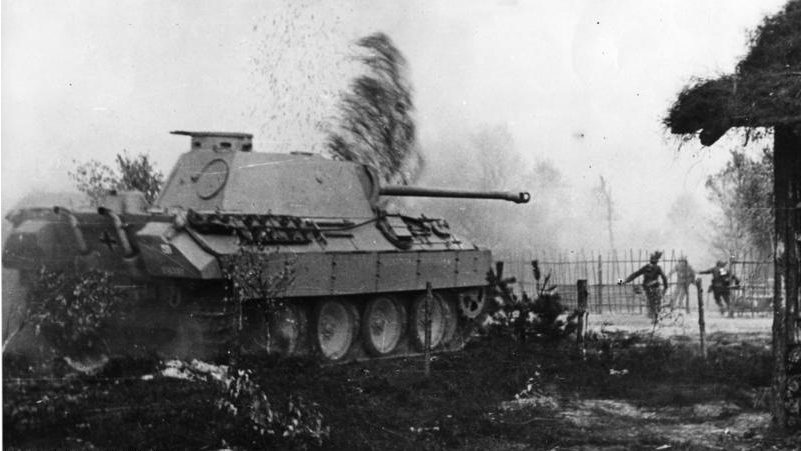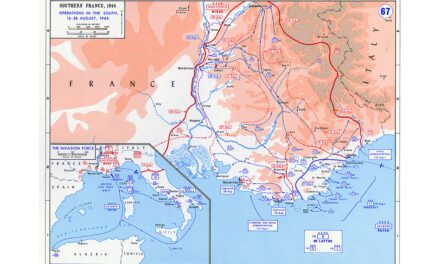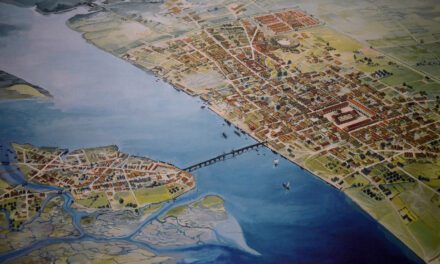History Guild General History Quiz 189
See how your history knowledge stacks up!
Want to know more about any of the questions? Scroll down to learn more!
Have an idea for a question? Suggest it here and we’ll include it in a future quiz!
The stories behind the questions
1. When was the International Space Station launched?
1998 – The largest modular space station in low Earth orbit, it was jointly developed by five space agencies: the United States’ NASA, Russia’s Roscosmos, Japan’s JAXA, Europe’s ESA, and Canada’s CSA. It has been continuously occupied since 2nd of November 2000 and there are plans for it to remain in orbit until 2031.
The ISS follows on a long history of space stations that began with the Soviet Salyut 1, launched in 1971.
2. Which was the only Inquisition by the Catholic Church that wasn’t directly controlled by the Pope?
Spanish Inquisition – Unique among Inquisitions, the Spanish Inquisition was controlled by local monarchs, rather than directly by the Pope. Ferdinand II of Aragon and Isabella of Castile argued that they needed to examine the piety of Jewish and Muslim converts in their realm, known as Conversos and Moriscos respectively.
This was followed in 1492 by the Alhambra decree, which expelled all practicing Jews. This decree was only rescinded in 1968.
3. Who wrote ‘Paradise Lost’ in 1667?
John Milton – A prominent campaigner against tyranny, he influenced the English Civil War and French and American Revolutions. He also worked in Cromwell’s government.
4. Where did Hitler stage a coup in an attempt to gain power in 1923?
Munich – The Beer Hall Putsch was a failed coup attempt by the Nazi Party leader Adolf Hitler — along with Erich Ludendorff and others — to seize power in Munich, Bavaria, during November 8-9, 1923. About two thousand men marched to the center of Munich where they confronted the police, which resulted in the death of 16 Nazis and four policemen.
5. Where was the spice nutmeg first found by Europeans?
Banda Islands, Indonesia – This group of ten small volcanic islands was the world’s only source of nutmeg, which was very particular about the conditions required to grow it. For over a millennia this was exported via Chinese or Indian merchants. In 1512 a Portuguese expedition became the first Europeans to reach the islands. This was followed by the Dutch in the early 1600’s. The Dutch attempted to take over the islands in 1609, but the Bandanese ambushed them and killed 46 Dutchmen. The Dutch hired Japanese mercenaries and invaded in 1621, killing around 93% of the Bandanese population before replacing them with slaves to work the nutmeg plantations.
6. How many different types of jet aircraft did Germany field during WW2?
3 – Germany produced the first operational jet combat aircraft, the Messerschmitt Me 262, in June 1944. This was followed by the Arado Ar 234 in August 1944 and the ‘People’s fighter’ Heinkel He 162 in February 1945. In total Germany produced at least 1,881 jet combat aircraft during the war. This eclipsed the UK, which produced 250 Gloster Meteors, and the USA, which produced 361 Lockheed P-80 Shooting Stars.
7. In 2002 which organisation uncovered systematic sexual abuse of children by the Catholic Church?
The Boston Globe – The Boston Globe’s ‘Spotlight’ team is the oldest continuously operating newspaper investigative journalist unit in the United States. The 2015 film Spotlight tells this true story very well.
8. Which region did the 1916 Sykes-Picot Agreement relate to?
Syria, Lebanon, Jordan, Israel and the Palestinian Territories – The Sykes-Picot Agreement, officially known as the Asia Minor Agreement, was a secret 1916 agreement between Great Britain and France, to which the Russian Empire assented. The agreement defined their mutually agreed spheres of influence and control in Southwestern Asia. The agreement was based on the premise that the Triple Entente would succeed in defeating the Ottoman Empire during World War I.
The agreement allocated to Britain control of areas roughly comprising the coastal strip between the Mediterranean Sea and the River Jordan, Jordan, southern Iraq, and an additional small area that included the ports of Haifa and Acre, to allow access to the Mediterranean. France got control of southeastern Turkey, northern Iraq, Syria, and Lebanon.
9. How long did Japan maintain their policy of isolation from the outside world?
250 years – The period from 1603-1853 saw the Japanese Tokugawa Shogunate enforcing a policy that heavily restricted movement in and out of the country. The only European power that was allowed to trade with Japan was the Netherlands, and this was under strict rules. The arrival of the US Navy Great White Fleet in 1853 made the Japanese aware of the risks of this policy and spurred their rapid industrialisation over the following half century.
10. In which country did the union and political party ‘Solidarity’ overthrow the former Soviet aligned government in 1989?
Poland – Formed in 1980 as a Independent Self-Governing Trade Union, it campaigned against the Soviet backed communist dictatorship in Poland. In Poland’s elections of 1989 Solidarity won all but one of the seats available for free election.

